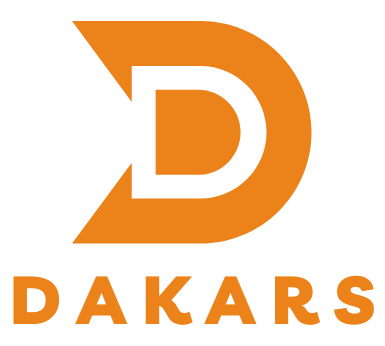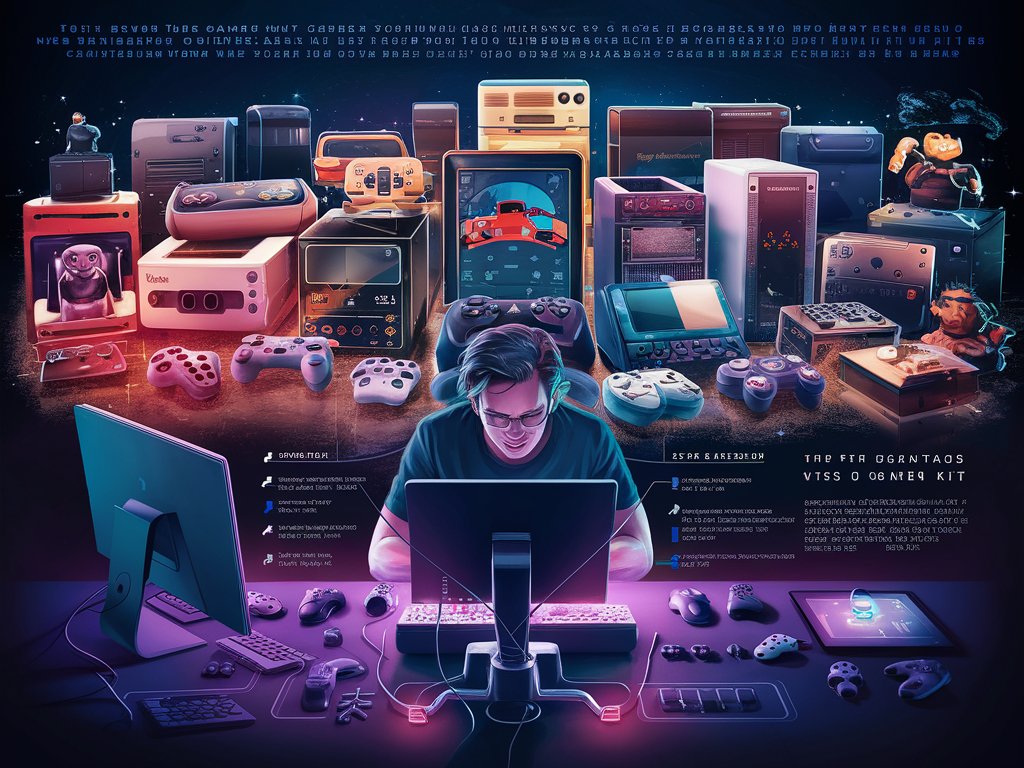Gaming has evolved dramatically over the years, and the tools we use to create games have advanced alongside it. One essential tool in the arsenal of game developers is the game kit. We will discuss game kits, what they include, their advantages, and offer tips on selecting the right one for you.
What is a Game Kit?
A game kit is a collection of assets and tools designed to help game developers create games more efficiently. These kits often include graphics, sound effects, music, scripts, and sometimes even pre-made game engines. The primary purpose of a game kit is to provide developers with ready-made resources that can significantly reduce the time and effort required to develop a game from scratch.
Components of a Game Kit
A typical game kit includes several key components:
- Graphics and Sprites: These are visual assets that make up the characters, environments, and objects within a game.
- Sound Effects and Music: Audio elements that enhance the gaming experience, including background music, sound effects, and voiceovers.
- Scripts and Code: Pre-written code snippets or full scripts that handle various game mechanics and functionalities.
- Documentation: Guides and manuals that help developers understand how to use the kit effectively.
- Prefabs and Templates: Pre-built game scenes or objects that can be easily integrated into a new game project.
Types of Game Kits
Game kits can be broadly categorized into three types:
2D Game Kits: Designed for 2D games, these kits include 2D sprites, tilemaps, and other resources suited for 2D game development.
3D Game Kits: These kits provide 3D models, textures, and other assets required for creating 3D games.
Genre-Specific Kits: Some kits are tailored for specific game genres, such as RPGs, platformers, shooters, or puzzle games.
Benefits of Using a Game Kits
Using a game kit offers numerous advantages, especially for indie developers and small studios. Here are some key benefits:
Time-Saving
Creating all assets and code from scratch can be incredibly time-consuming. Game kits provide pre-made resources that can be quickly integrated into a game project, significantly reducing development time.
Cost-Effective
Hiring artists, composers, and programmers to create all necessary assets can be costly. Game kits offer a more affordable alternative by providing high-quality resources at a fraction of the cost.
Consistency
Using assets from a game kits ensures a consistent art style and quality throughout the game. This is particularly important for maintaining a professional and polished look.
Ease of Use
Game kits often come with detailed documentation and tutorials, making them accessible even for beginners. This can help new developers learn the ropes of game development more quickly.
Focus on Gameplay
With many of the technical and artistic aspects taken care of, developers can focus more on designing and refining the gameplay experience, which is the core of any great game.
Choosing the Right Game Kit
Selecting the right game kits is crucial for the success of your project. Here are some factors to consider when choosing a game kit:
Compatibility
Ensure that the game kits is compatible with your chosen game engine or development platform. Popular game engines like Unity, Unreal Engine, and Godot often have specific kits designed for them.
Quality of Assets
Examine the quality of the assets included in the kit. High-resolution graphics, professional sound effects, and well-written code are indicators of a good game kits.
Genre Suitability
Choose a game kits that matches the genre of the game you are developing. Using a genre-specific kit can provide you with tailored assets and mechanics that suit your game’s needs.
Documentation and Support
Good documentation is essential for understanding how to use the game kits effectively. Additionally, check if the kit’s creator offers support or has an active community where you can seek help.
License and Usage Rights
Review the license agreement of the game kits to ensure you have the necessary rights to use and modify the assets. Some kits may have restrictions on commercial use or require attribution.
Also Read: Is a Chatty Catty Crossword: Fascination with Crosswords
Popular Game Kits in the Market
Here are some well-known game kits that have gained popularity among developers:
Unity Asset Store
The Unity Asset Store offers a wide range of game kits for various genres and purposes. Some popular ones include:
RPG Maker: A comprehensive kit for creating role-playing games.
Platformer Pro: Perfect for developing platformer games with advanced features.
Top Down Engine: Ideal for creating top-down games like RPGs and shooters.
Unreal Engine Marketplace
Unreal Engine Marketplace also has a plethora of game kits, such as:
Action RPG Kit: Designed for action RPG games with combat systems and character progression.
Survival Game Kit: Provides assets and mechanics for survival games.
Puzzle Game Kit: Great for creating various types of puzzle games.
Godot Asset Library
For Godot users, the Godot Asset Library offers kits like:
2D Platformer Kit: A kit for creating 2D platformer games with pre-built physics and mechanics.
3D FPS Kit: Suitable for first-person shooter games with 3D models and scripts.
Adventure Game Kit: Provides tools for developing point-and-click adventure games.
Tips for Using a Game Kit Effectively
To make the most out of a game kits, consider the following tips:
Customize Assets
While game kits provide ready-made assets, customizing them can help make your game unique. Adjusting colors, adding new elements, or combining assets creatively can give your game a distinct look.
Learn from the Code
Study the pre-written scripts and code included in the game kits. This can be an excellent learning opportunity to understand how certain game mechanics are implemented.
Iterate and Test
Regularly test your game during development to ensure that the integrated assets and mechanics work seamlessly. Iteration is key to refining your game and fixing any issues that arise.
Seek Community Feedback
Join developer communities and forums to share your progress and seek feedback. Other developers can provide valuable insights and suggestions to improve your game.
Future Trends in Game Kits
As technology continues to advance, game kits are also evolving. Here are some future trends to watch out for:
AI-Driven Game Kits
Artificial intelligence is becoming more integrated into game development. Future game kit may include AI-driven tools that can generate assets, create levels, or even design game mechanics autonomously.
VR and AR Game Kit
With the rise of virtual reality (VR) and augmented reality (AR), specialized game kit for these platforms are becoming more common. These kits will include assets and tools specifically designed for immersive experiences.
Modular Game Kit
Modularity is a growing trend, allowing developers to mix and match components from different kits. This flexibility can help create more diverse and unique games.
Cloud-Based Game Development
Cloud-based game development platforms are gaining traction, and game kit optimized for these environments will become more prevalent. This allows for collaborative development and easier access to resources.
Conclusion
Game kit are invaluable resources for game developers, offering a plethora of assets and tools to streamline the development process. Whether you’re a seasoned developer or just starting, using a game kit can save you time, reduce costs, and help you focus on creating an engaging gaming experience. By carefully choosing the right game kit and utilizing it effectively, you can bring your game ideas to life with greater ease and efficiency.




